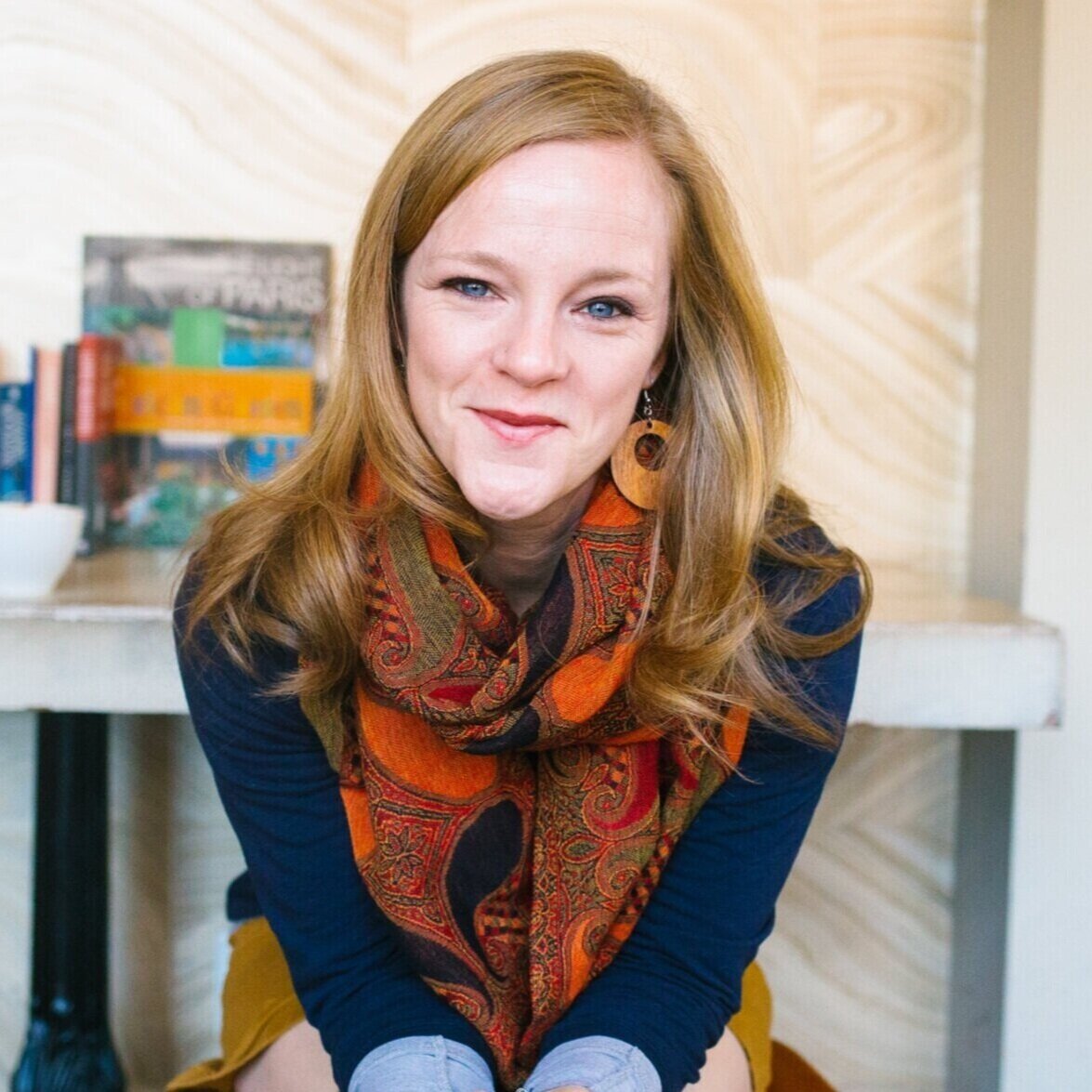Church Anew Blog
Get Updates in Your Inbox
Want to stay up-to-date with the Church Anew Blog? Sign up for our weekly blog round-up.
Beyond Stewardship
As we approach “stewardship season,” I want to question the language of stewards and stewardship. To be clear, this is not a critique of fundraising. I serve a small Spanish-speaking congregation, and I know firsthand how vital annual pledge drives are for a workable parish budget. My concern, rather, is theological. My question is whether stewardship is still the best framework for what we are doing this season.
Of Water and Wafers: Resisting Inwardness in an AI World
Independence and autonomy are not the gifts of baptism or communion. Instead, these sacraments remind us that God comes to us from beyond ourselves—that salvation is given, not earned.
God Promises to Meet Us in Bread
At a table that Jesus sets, God forgives us and feeds us with love eternal. In water and promise, God brings us to new life and breathes in us gifts that help the world
Stewardship of Places We Don’t Go
Erin Weber-Johnson writes about how to delve into the past and love versions of ourselves we would rather forget.
The Body of Christ Made Known on Zoom: A Conversation with Diana Butler Bass, Deanna A. Thompson, Joshua Case, and Kelvin Holdsworth
What does it mean to be the virtual body of Christ in a pandemic?
On Hoarding Eucharist in a Hungry World
Can Christians celebrate the Eucharist—the Lord’s Supper, Holy Communion —through technology? Is the sacrament valid if it happens virtually?
Virtual Communion and Body of Christ: A Conversation with Dr. Deanna A. Thompson
What does it mean to be the virtual body of Christ in a pandemic?
EXPLORE OUR ARCHIVE OF ARTICLES FROM
Walter Brueggemann
Get Updates in Your Inbox
Want to stay up-to-date with the Church Anew Blog? Sign up for our weekly blog round-up.










